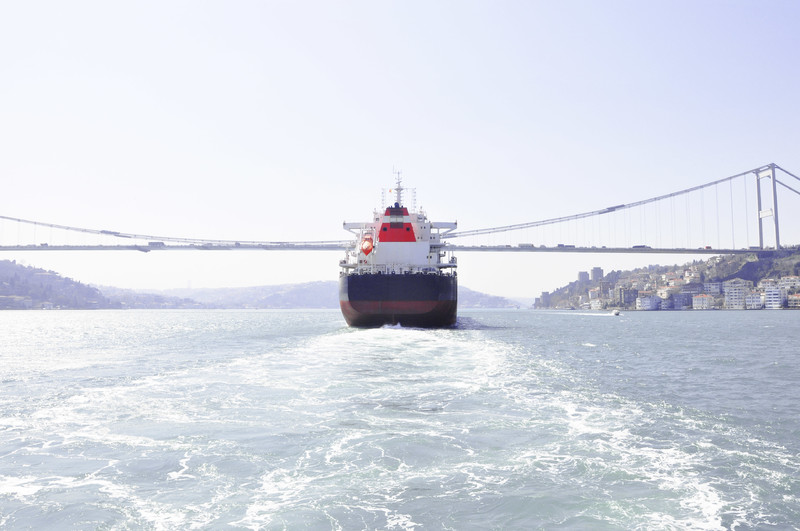It was inevitable that there would be more property damage and liability claims arising in vessels impacted by fuel problems after the introduction of the 0.50% sulphur cap, according to Alex Kemp, partner at legal firm HFW, although some of these would be recoverable under and H&M policy.
Speaking at the closing session of HFW’s P&I Week, which covered a hypothetical scenario where the topping up of a tanker with the incorrect fuel in Singapore led to a collision with a 20,000 teu containership on the outskirts of Cape Town, Kemp said that, were he an insurer, he would be putting in specific clauses about the new potential problems. These could include no correct fuel being available, the wrong kind of fuel being loaded, or even ISO 8217-compliant fuel being loaded that is incompatible to other ISO 8217-compliant fuel already on board.
HFW noted that oil firm BP has issued customers with a video of the dangers of comingling 0.50%-compliant VLSFO when one was high in paraffin and the other was high-aromatic. This could lead to the formation of sediment/sludge that would damage the engine.
Jenny Salmon, senior associate and a specialist in hull and machinery cover, said that bunker segregation was the first option. “It falls on the crew to manage this”, she said, adding that “the risks seem inevitable to some degree. Mistakes by crew that have occurred in the past without consequence might, if repeated post January 1st 2020, have serious consequences”.
Kemp and Salmon both cited a number of past cases and their possible application in the HFW hypothetical scenario, where assignation of “blame” was likely to prove problematic. A theme that emerged through the week at the HFW seminars linked the CMA CGM Libra case (appeal pending for early next year) and the concept of seaworthiness. As Kemp noted, while underwriters might be responsible for showing a lack of due diligence, this begged the question of “Due diligence by whom?”
It might be possible for insurers to argue on seaworthiness, or lack thereof, said Kemp. This would depend on the systems put in place by the assureds. If they fail to put proper systems in place to do all they can to prevent a fuel-caused failure, the assureds might find themselves outside of cover.
Kemp said that, although there were express warranties and clauses available, for insurers in general and mutuals in particular, it would be about giving good guidance to clients/members, trying to ensure that any increase in the number of claims is kept to a minimum through good operational practice.
Henry Dunlop, who moderated the seminar, said that for him the take-home measure was that the owners would have to ensure that, come January 1st 2020, they improve their bunker handling on ships.
This article is kindly supplied by Insurance Marine News. If you would like a complimentary trial to the daily Insurance Marine News e-bulletin please email grant.attwell@insurancemarinenews.com.

